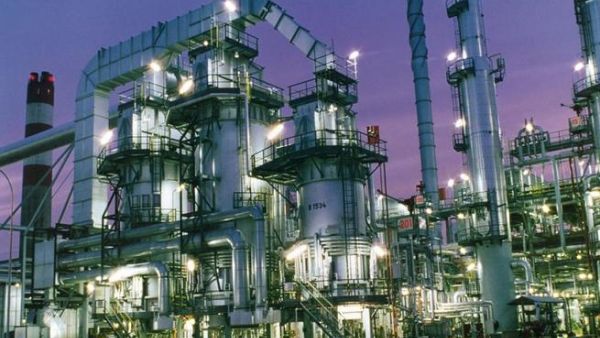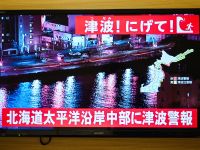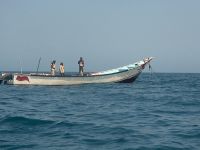Iran, which is under tremendous pressure and undergoing a sanction imposed by the United States and the European Union for pursuing nuclear energy to power its economy, is investing $100 billion (Dh367 billion) to boost its oil and gas production, a top official said.
Iran holds 12 per cent of global oil reserves and 17 per cent of the total world gas reserves.
“As part of a new government policy to boost energy production, we are currently investing $100 billion in new oil and gas exploration and production,” Rostam Ghasemi, Iranian Petroleum Minister, told the media, in response to a question from the Gulf News.
“The investments are part of our plans to increase energy output that will help us meet growing domestic and global demand.
Iran is exporting 4 million barrels of oil per day, he told reporters on the sidelines of the World Energy Forum.
“Oil is a commercial, not a political issue... When the price of oil increases, this is to the benefit of some countries. We don’t want the price of oil to increase, it has to be a logical price.”
According to the latest data submitted by Iran to OPEC, it produced 3.75 million bpd in August, and according to the most recent secondary source estimates published by Opec, Iran pumped just 2.72 million bpd in September, unchanged from August.
He said, the world needs a sustainable energy production and supply infrastructure to ensure seamless supply of energy throughout the world.
“Oil and gas sector is yearning for investment and we must ensure that these investments are made to ensure energy security for all,” he said.
“We have spent the last 150 years in extracting nearly half of the world’s god gifted resources [fossil fuel reserves]. Are we going to spend the next 150 years consuming the rest - or are we going to look for alternatives?” he asked.
However, he stressed the ânon-political investment’ aspect, indirectly referring to the external pressures on Iran’s nuclear power development — a major source of discontent between Iran and the international community.
New European Union sanctions on Iran which came into law on October 16 include an assets freeze on more than 30 companies involved in the Islamic Republic’s oil and gas sector.
Added to the banned list are the ministries of petroleum and energy, the National Iranian Oil Company and several of its subsidiaries both inside and outside Iran, the National Iranian Tanker Company and the National Iranian Gas Company.
The latest measures, adopted a day earlier by EU foreign ministers, intensify the economic pressure on Iran over its controversial nuclear program by extending the thrust of oil sanctions in force since July across the country’s energy sector.
Any assets held by the Iranian companies in the EU will be frozen immediately, according to EU diplomatic sources, quoted by a report published in Platts.
Ghasemi also was critical of the âincorrect political stands’ by some countries - a veiled reference of the West’s sanctions on Iran.
“Incorrect political stand [by some countries] is depriving major international companies to invest in exploring new opportunities,” he said.
He also called for transparency in pricing mechanism that does not reflect the real value of oil.








